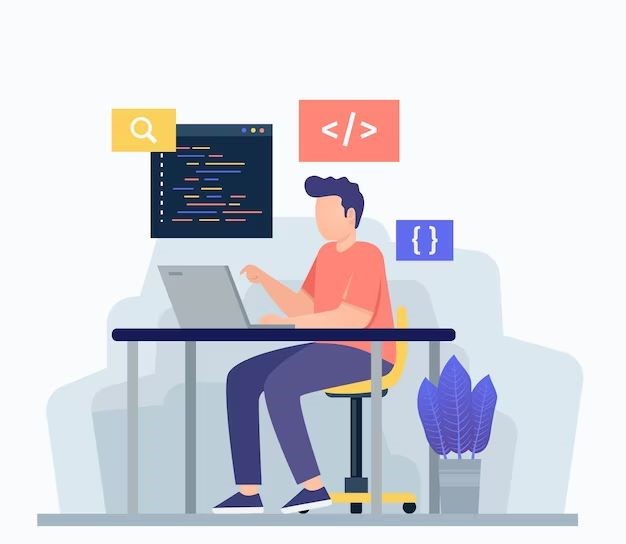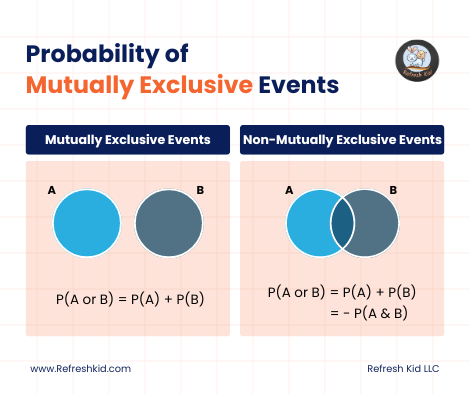Learning a new programming language can be both exciting and challenging. Java, a versatile and widely-used language, often garners mixed opinions on its difficulty level. While it might seem complex at first glance, there are numerous fun and engaging pathways you can take to achieve programming success with Java. In this blog, we'll explore whether Java is hard to learn and provide you with some enjoyable strategies to conquer the learning curve.

The Java Learning Curve: Myth or Reality?
The perception of Java's difficulty varies from person to person. Some beginners might find the syntax and concepts daunting, while others may quickly grasp its structure. The truth is that Java, like any programming language, requires time, practice, and dedication to master. However, labeling it as "hard" might not be entirely accurate. With the right approach and resources, anyone can learn Java effectively.
Fun Pathways to Java Programming Success
- Project-Based Learning: Building real-world projects is a fantastic way to learn Java while having fun. Choose projects that align with your interests, such as creating a basic game, developing a personal website, or designing a simple app. Project-based learning keeps you engaged and motivated as you see your creations come to life.
- Online Tutorials and Courses: There is an abundance of online tutorials and courses designed to teach Java to beginners. Websites like Coursera, Udemy, and edX offer a wide range of courses, from Java basics to advanced topics. Many of these courses incorporate interactive elements, quizzes, and assignments to make learning more enjoyable.
- Coding Communities and Forums: Joining online coding communities and forums can be a great way to connect with fellow learners and experienced programmers. Websites like Stack Overflow, Reddit's r/learnprogramming, and GitHub provide platforms to ask questions, share your progress, and learn from others' experiences.
- Pair Programming and Study Groups: Collaborating with a study group or a programming buddy can turn learning Java into a social and enjoyable experience. Pair programming involves working together on coding challenges, projects, and problem-solving tasks, allowing you to learn from each other's insights and mistakes.
- Code Challenges and Contests: Participating in coding challenges and contests, such as Google Code Jam and TopCoder, can add an element of excitement to your Java learning journey. These challenges not only test your skills but also expose you to a wide range of problem-solving techniques.
- Gamified Learning Platforms: Platforms like Codewars and Exercism turn programming practice into a game. You solve coding challenges to earn points, level up, and improve your skills. This approach makes learning Java feel like a fun and rewarding adventure.
- Learning by Teaching: Explaining concepts to others, whether through writing blog posts, creating tutorial videos, or helping fellow learners, can solidify your understanding of Java. Teaching not only benefits others but also reinforces your own knowledge.
Conclusion








